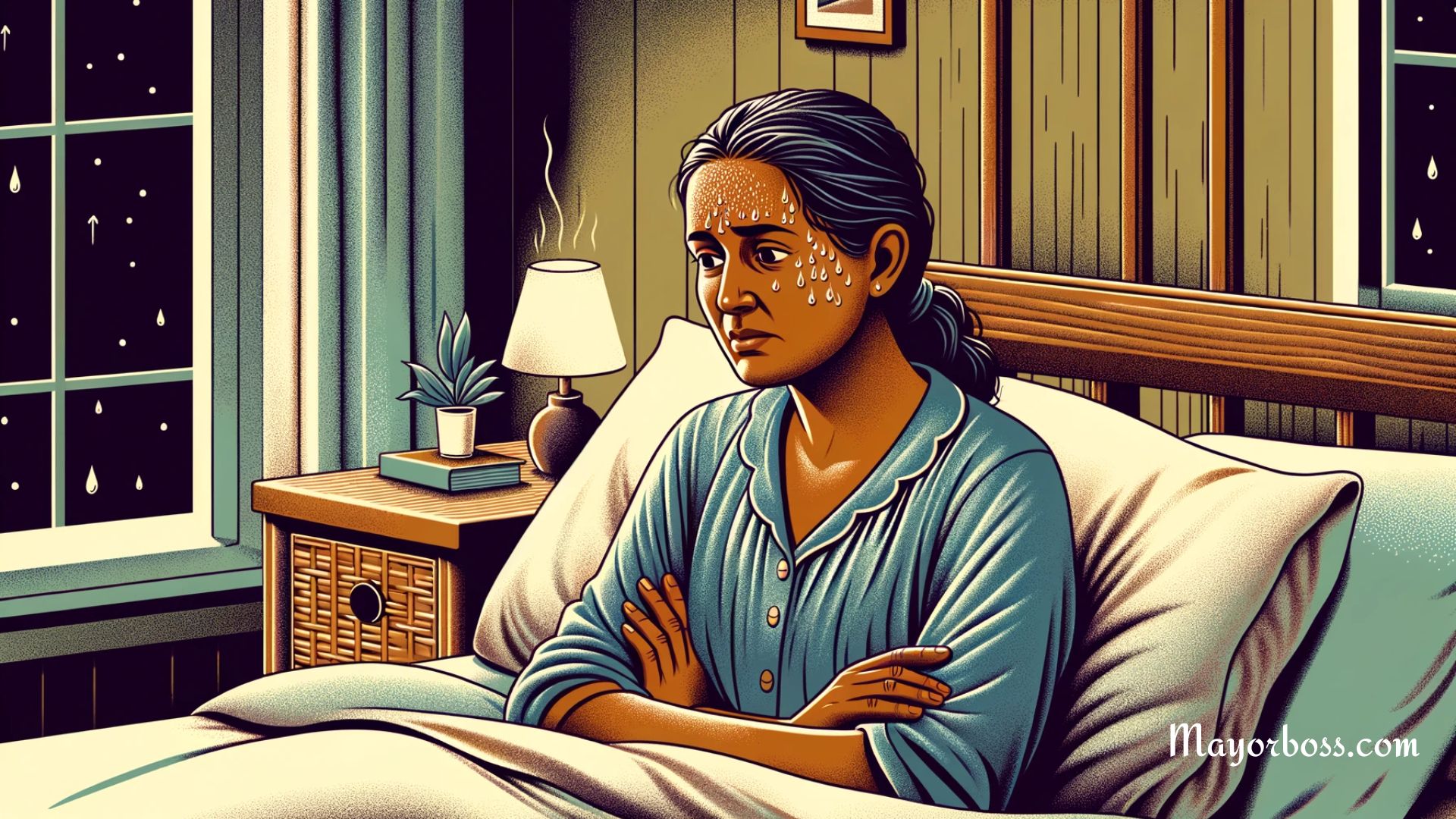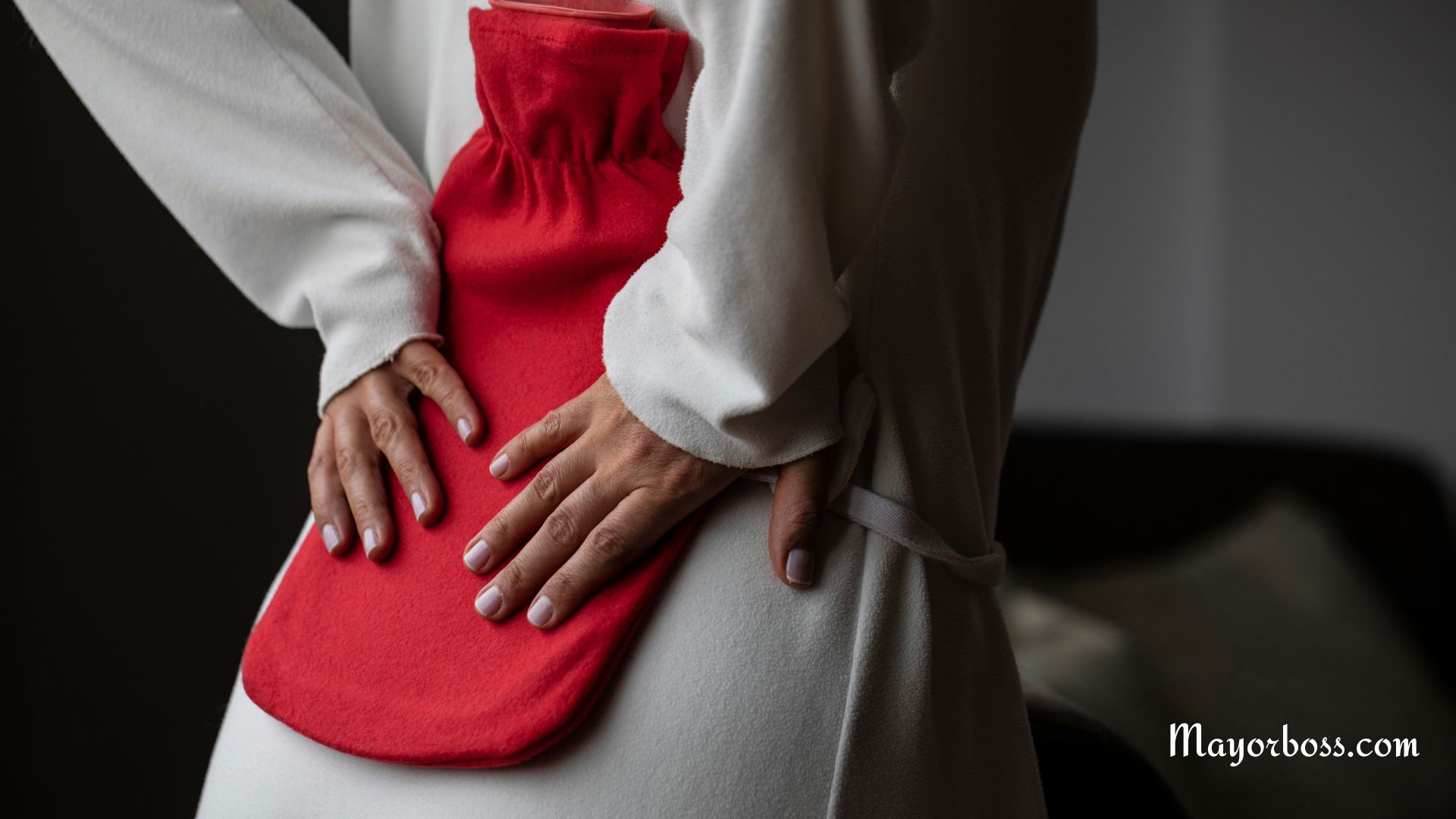What It Means When You Sweat in Your Sleep
Night sweats can be uncomfortable. It can feel scary if you wake up soaked and confused. Sweating while you sleep isn’t something you should ignore, especially if it happens a lot. Please continue reading to learn about why night sweats happen and what they could mean for your health.

Night Sweats Can Happen Because of Your Environment
Sometimes, the easiest reason for sweating at night is your environment. If your room is too warm or your blankets are too thick, your body might get too hot while you’re sleeping. Heavy blankets, high room temperatures, or tight pajamas can all make you sweat. Keeping your bedroom cool (ideally around 65°F or 18°C), wearing loose-fitting clothes, and using light sheets can help. But if you’ve tried all these things and still wake up sweating, there might be other reasons to look at.
Health Problems Could Be Causing Your Night Sweats
Sweating at night can also be caused by health problems. For example, hormone changes are a common cause. For women, menopause can cause hot flashes and night sweats because of changing hormone levels. Thyroid problems, like hyperthyroidism (a condition where your thyroid makes too many hormones), can also cause too much sweating during sleep.
Some infections can cause night sweats too. Tuberculosis is a common example, but other bacterial infections, COVID-19 or even HIV, can also make you sweat at night. If you have other symptoms like fever, weight loss, or feeling very tired, it’s important to see a doctor to check for infections.
Medications Can Make You Sweat at Night
Another reason for night sweats is medication. Antidepressants are known to cause a lot of sweating, as noted by Mayo Clinic. Hormone therapy or some pain relievers, like aspirin, can also make you sweat at night. If you recently started a new medicine and have noticed night sweats, talk to your doctor about changing your treatment.
Stress and Anxiety Can Cause Night Sweats
Stress doesn’t just affect your mood. It affects your body too, like causing an increased heart rate or tense muscles. Psychologists say that stress can make your body’s fight-or-flight response turn on, even while you’re asleep. When your stress hormones are high, your body may try to cool down by sweating. If you’ve been under a lot of stress or have anxiety, you might sweat at night because of it. Managing your stress with relaxation exercises, exercise, or talking to a therapist might help reduce these episodes.
Night Sweats Could Be a Sign of a Serious Health Issue
Most of the time, night sweats aren’t dangerous, but sometimes they can be a sign of a serious problem. Some cancers, like lymphoma, can cause night sweats. If you also have other symptoms like swollen lymph nodes, fever, or losing weight without trying, you should see a doctor right away.
Low blood sugar (hypoglycemia) can also make you sweat at night, especially if you have diabetes. Some people with diabetes have low blood sugar at night because of their medicine, and sweating is how the body reacts.
When Should You See a Doctor About Night Sweats?
If night sweats happen rarely, it’s usually not a big deal. But if they happen often or come with other symptoms like fever, weight loss, or a cough that doesn’t go away, make an appointment with your doctor. Doctors say these could be signs of a more serious health issue that needs attention.
Night sweats can tell you a lot about your health. Whether it’s just about cooling down your room or dealing with a health problem, finding out what makes you sweat at night is important for your well-being. Talk with your doctor if you’re not sure what’s causing it, and they can help find the reason and suggest the right treatment.
Tips to Help Stop Night Sweats
- Keep Your Bedroom Cool: Keep the temperature around 65°F (18°C) for better sleep.
- Use Light Bedding: Use light and breathable sheets, like ones made from cotton or linen.
- Drink Enough Water: Sweating can make you lose water, so make sure to drink enough during the day.
- Avoid Triggers: Spicy foods, alcohol, and caffeine can make you sweat more, so avoid these before bed.
- Manage Stress: Try relaxation exercises, like deep breathing or meditation, to help lower stress before bedtime.
If you keep waking up soaked in sweat, it’s worth looking into. You deserve good, comfortable sleep, and finding out why you have night sweats is an important step toward feeling better and staying healthy.






